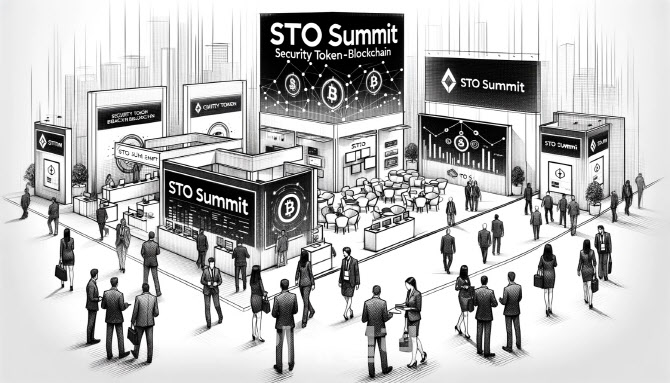Japan’s STO Market Exceeds 100 Billion Yen…It grew at an accelerated pace
Japan’s public offering of real estate token securities last year was KRW 700 billion ↑
Prepare to invest in venture capital using token securities
Preparation of tokenization such as renewable energy and power generation facilities
Hana Financial Management Research Institute “Korea also needs institutional overhaul”
This article has been translated into English through AI.
[이데일리 마켓in 김연서 기자] 일본 토큰증권발행(STO) 시장 규모가 지난해 1000억엔(한화 약8577억원)을 넘어섰다. 이 가운데 한국은 여전히 STO 사업을 키울 수 있는 제도가 만들어지지 않아 법제화가 시급하다는 지적이 이어지고 있다.
According to Hana Financial Management Research Institute on the 10th, Japan recorded 97.6 billion yen in total token securities issued last year. This is more than six times the size of the previous year’s 16.6 billion won. The market size, including token securities issued through undisclosed private placement, exceeded 100 billion yen. Analysts say that the market has grown in earnest since May 2020 when financial institutions were allowed to issue token securities due to the revision of the Financial Products Transaction Act.

Japan revised token securities, defined as ‘right to display securities transferred from ‘paragraph 2 securities’ to ‘paragraph 1 securities’ under the Financial Products Transaction Act. As it was classified as securities in paragraph 1, token securities also applied regulations such as stocks and bonds. It has become possible to issue and distribute at financial product traders or registered financial institutions.
Currently, real estate accounts for 85% of the Japanese token securities market. Real estate token securities issued at the end of last year were found to be worth 82.5 billion yen (707.7 billion won). Real estate token securities have the advantage of easy understanding of goods as an investment in a single real estate.
Hana Financial Management Research Institute also analyzed that products with preferential privileges for shareholders attracted investors. It also pointed out that token securities using blockchain can increase asset liquidity, improve transaction transparency and efficiency, and invest in token securities linked to various assets such as real estate, artworks, and bonds with small amounts.
Recently, the Japanese government and the investment industry are reportedly seeking ways to diversify token securities-linked assets to develop the token securities market and expand investors. The Japanese government announced a “five-year plan to foster startups” that calls for increasing startup investment to 10 trillion yen by 2027. The plan included allowing individual investors to invest in venture capital (VC) using a small amount of token securities to expand individual investors.
In addition, Japan’s major token securities issuance platform Progmat is considering issuing token securities linked to various assets. In January this year, the “Start-up Investment Promotion Working Group” was launched at the “Digital Asset Co-Creation Consortium” hosted by Progma, involving more than 30 private companies such as VCs, banks, and securities companies. In addition to real estate and bonds, the working group is considering tokenizing for △ venture capital funds △ renewable energy △ power generation facilities △ aircraft △ ships.
Hana Financial Management Research Institute argued that rapid legalization is also needed in Korea for industrial growth through stable issuance and distribution of token securities. “Regulatory special cases are applied to domestic token securities transactions, and it is difficult to issue and distribute legal token securities,” said Bang Seung-yeon, a researcher. “The global token market is expected to expand to $16.10 trillion in 2030 and the government needs to overhaul the system so that it can actively develop its business in Korea.”


